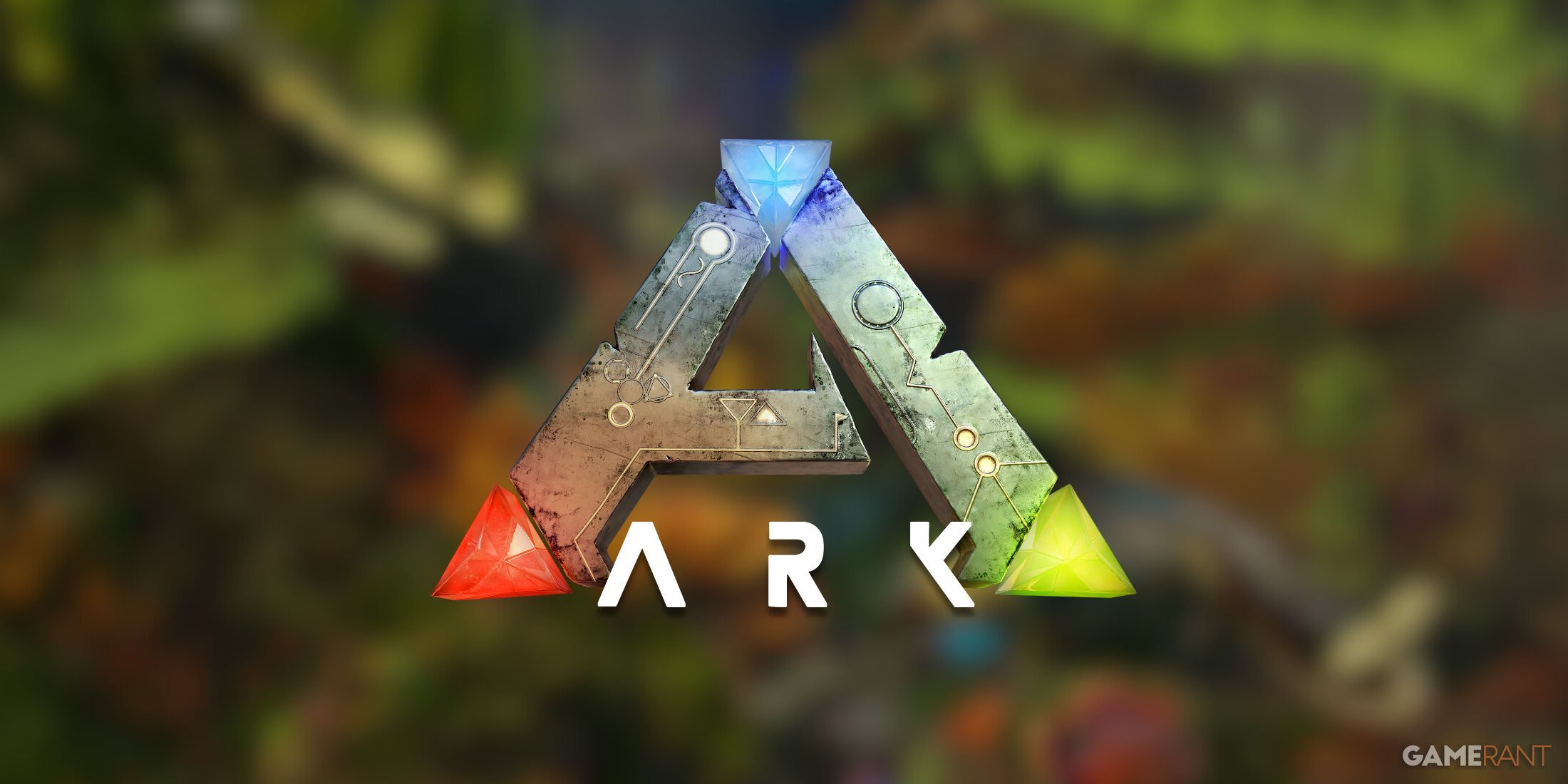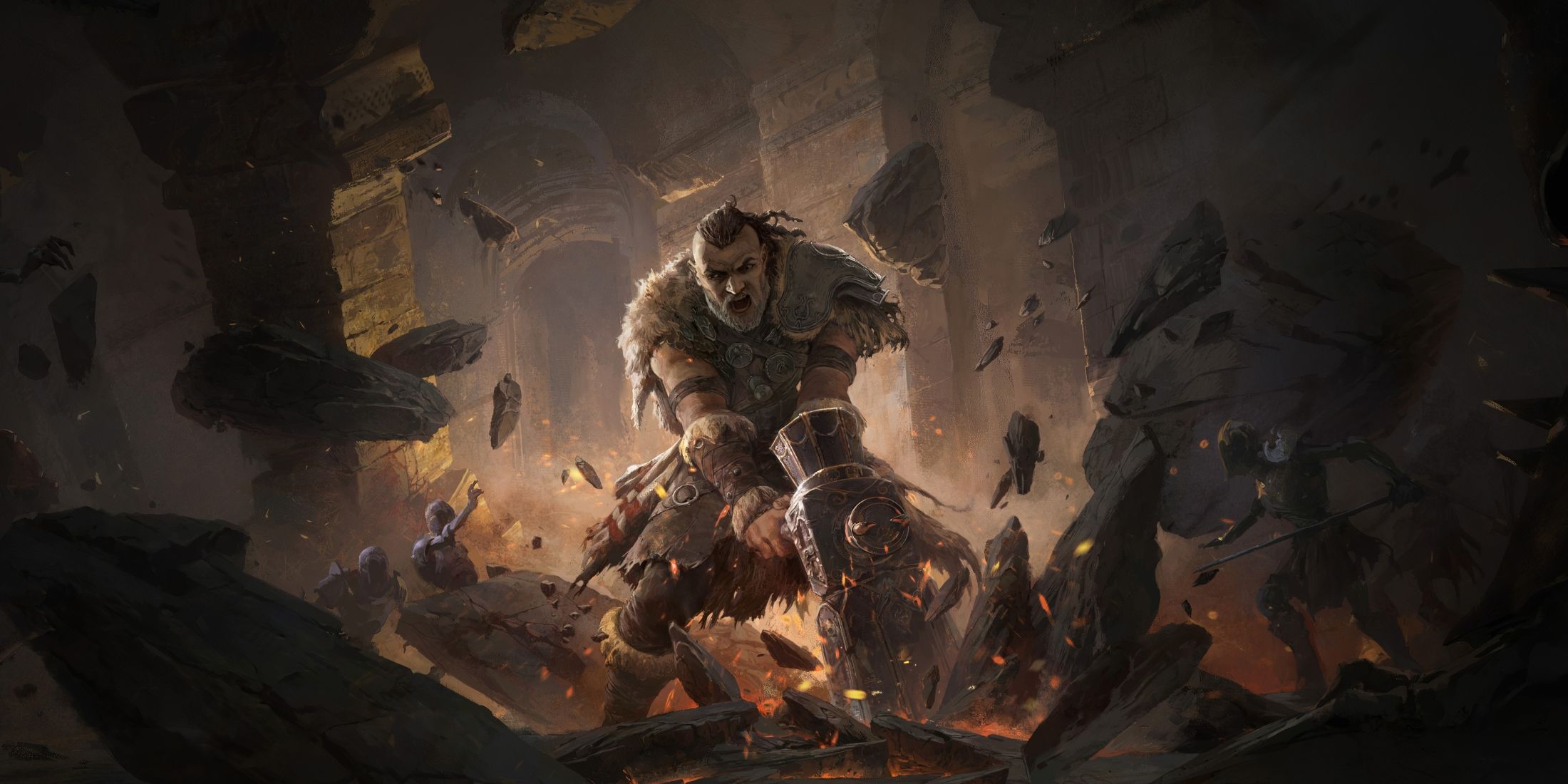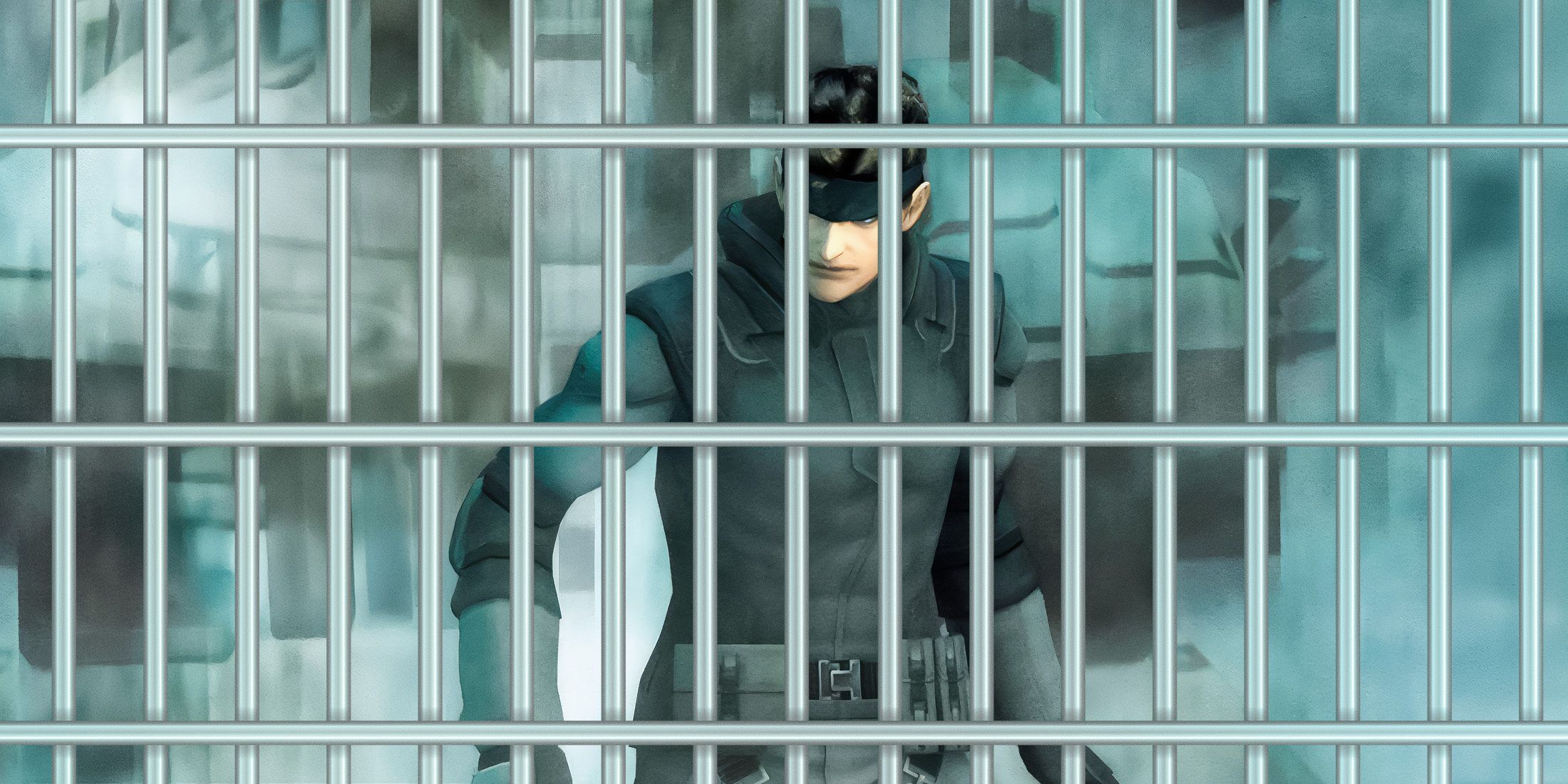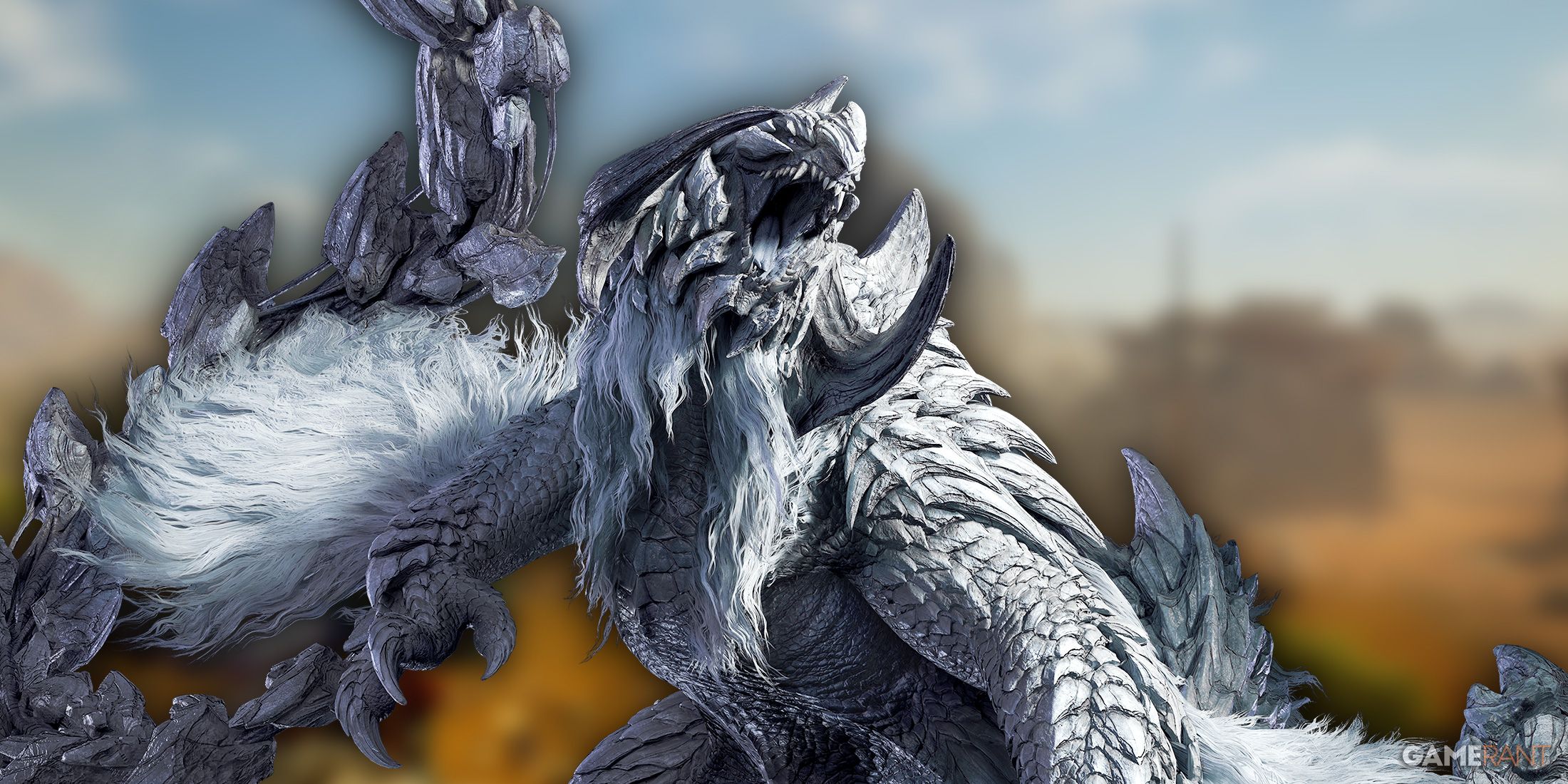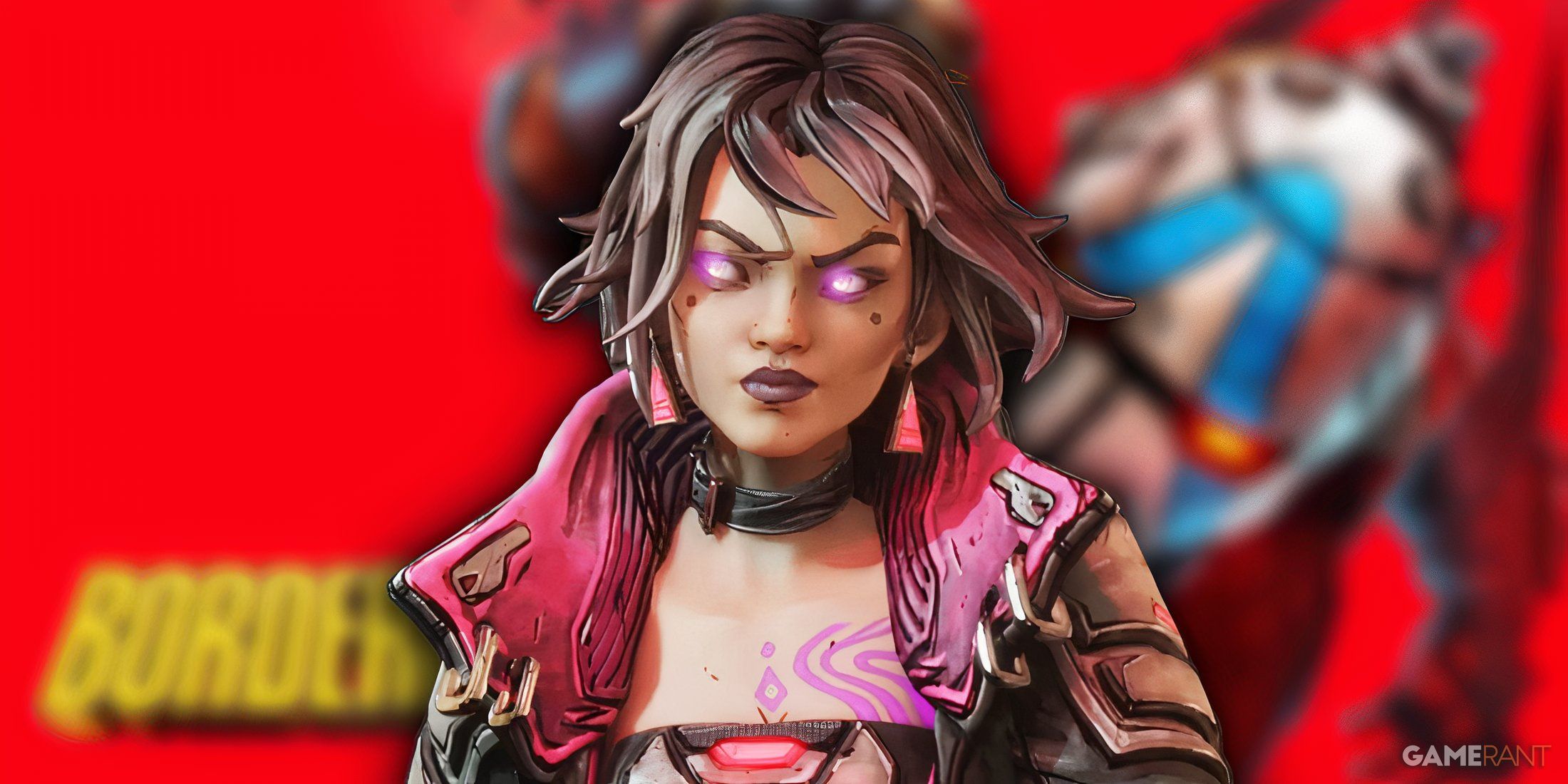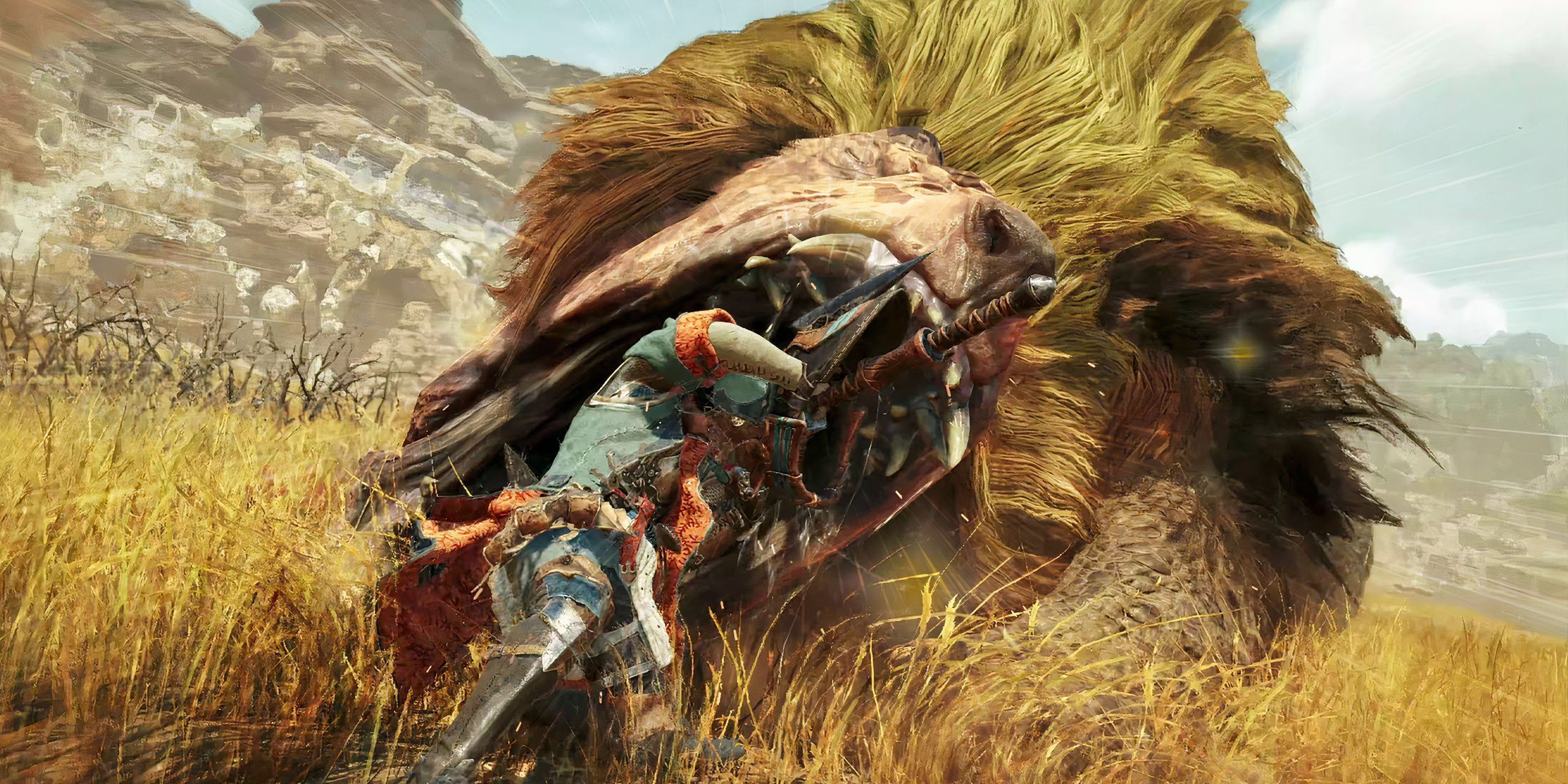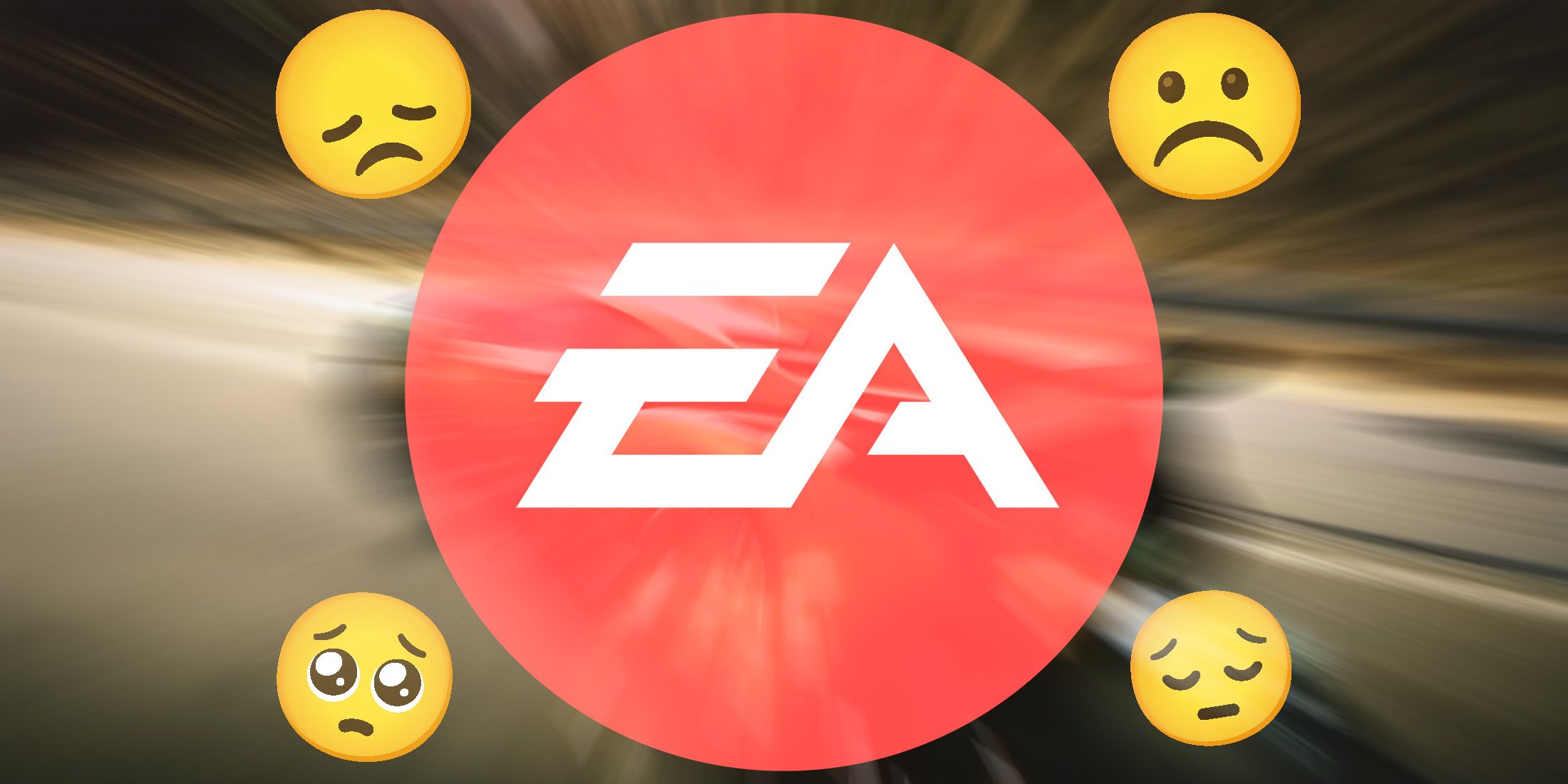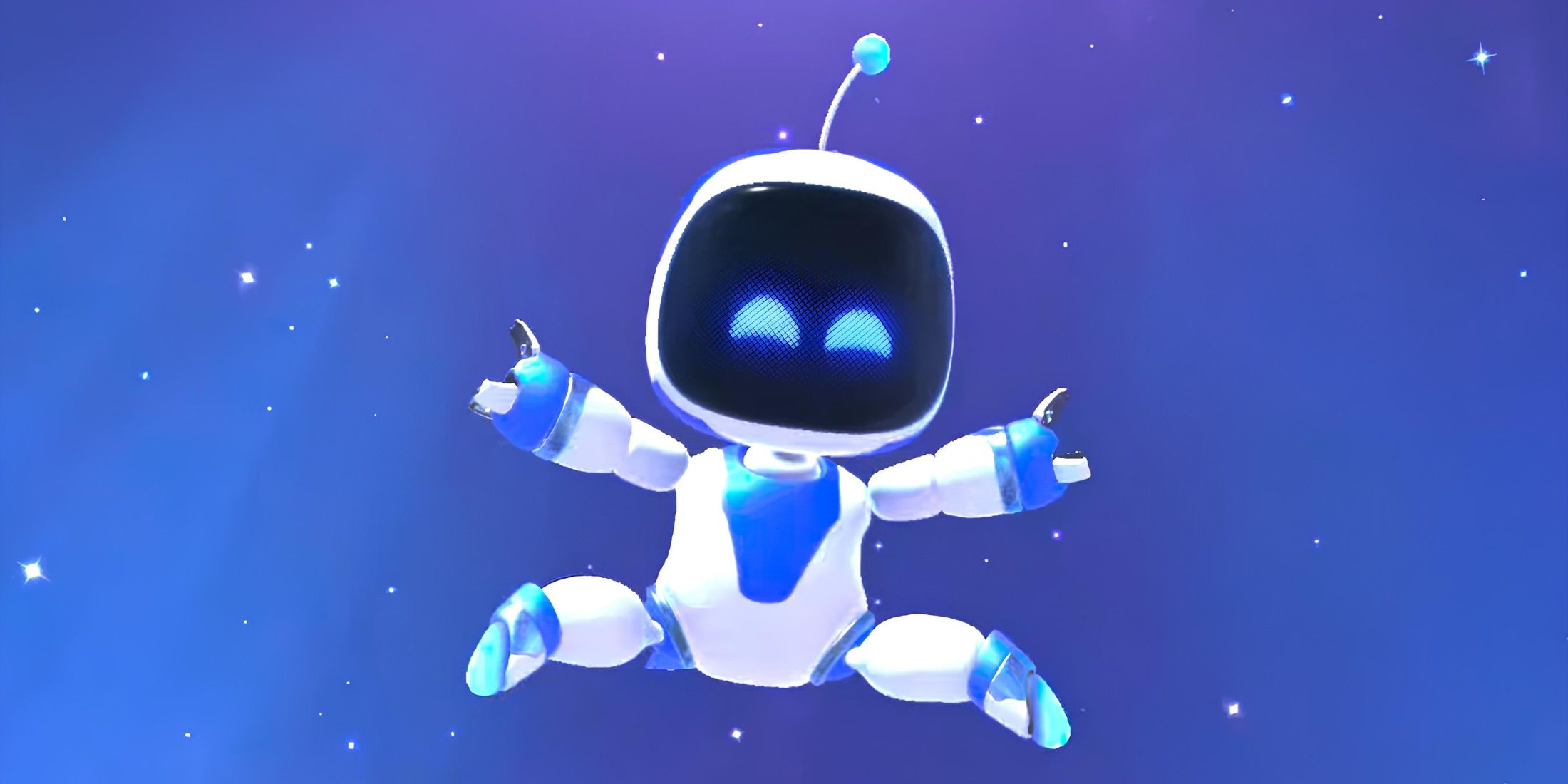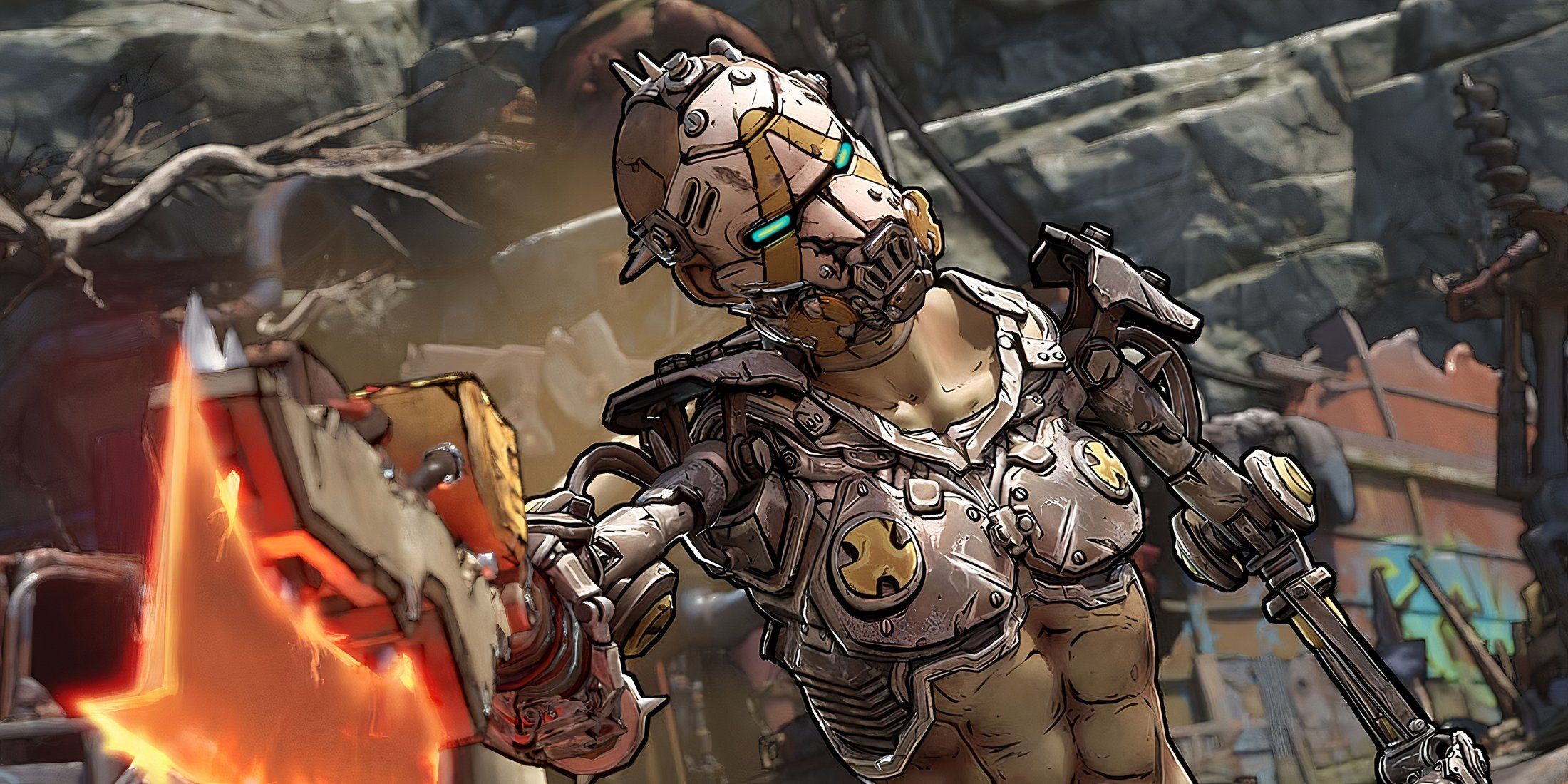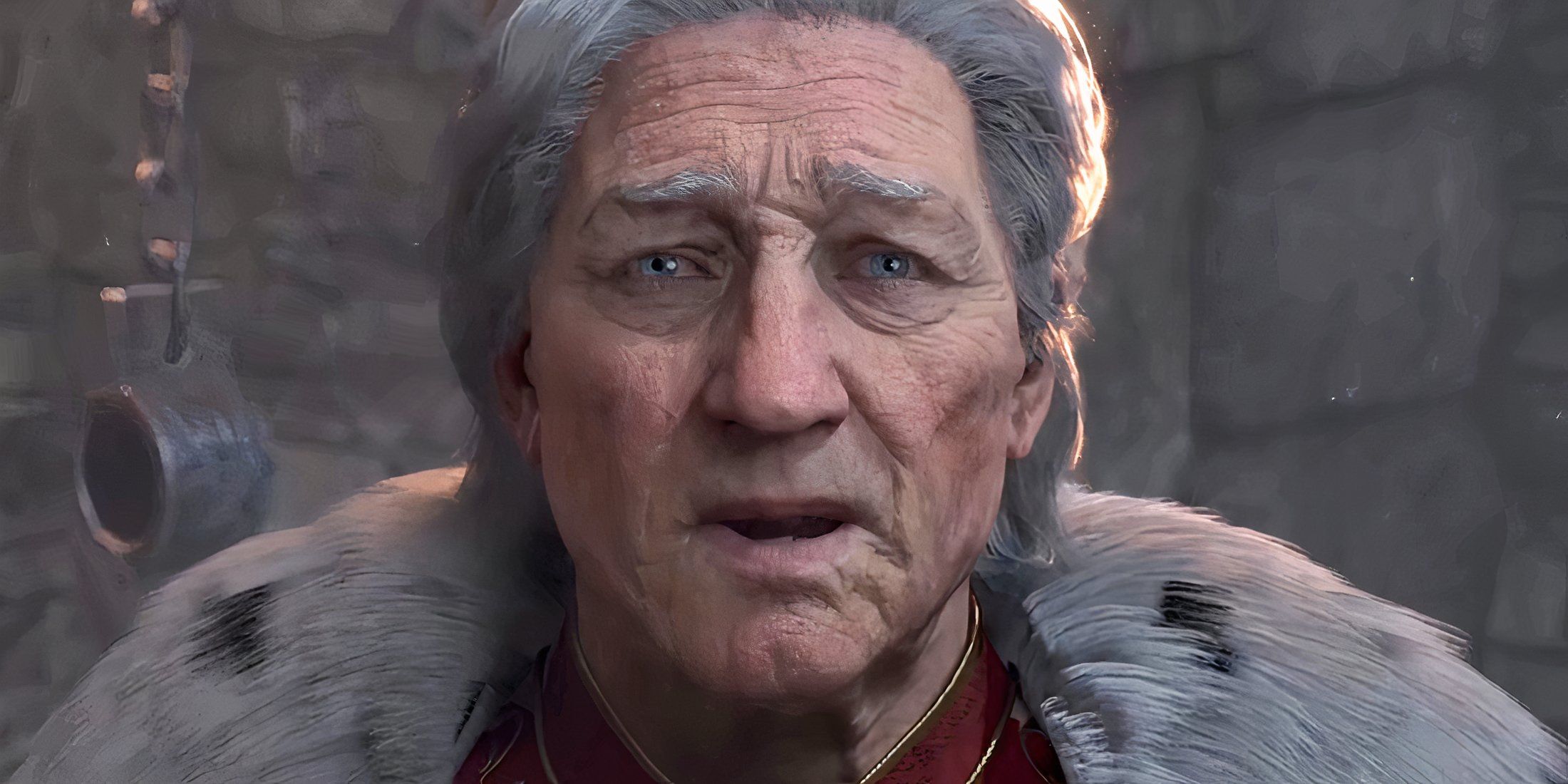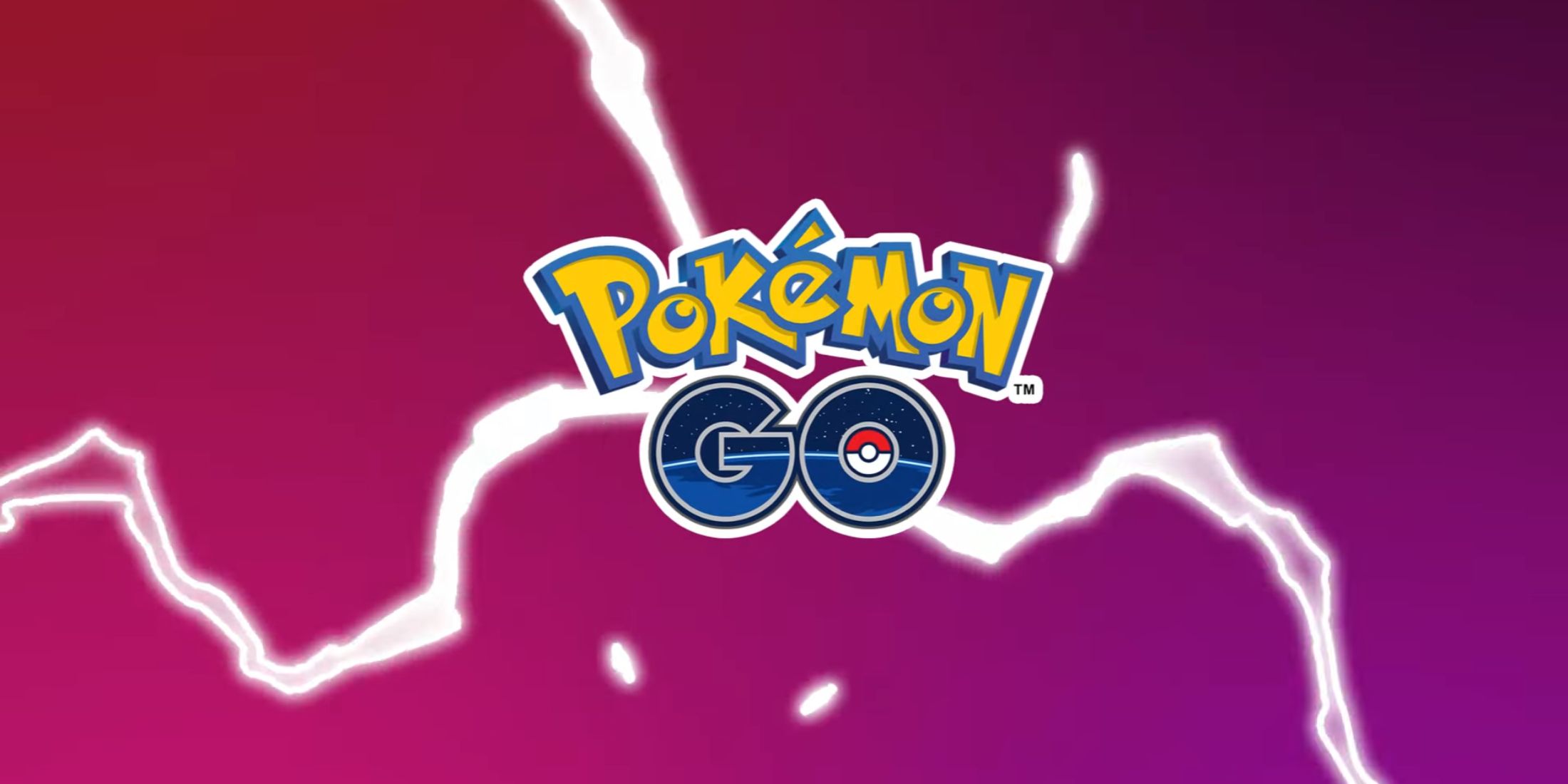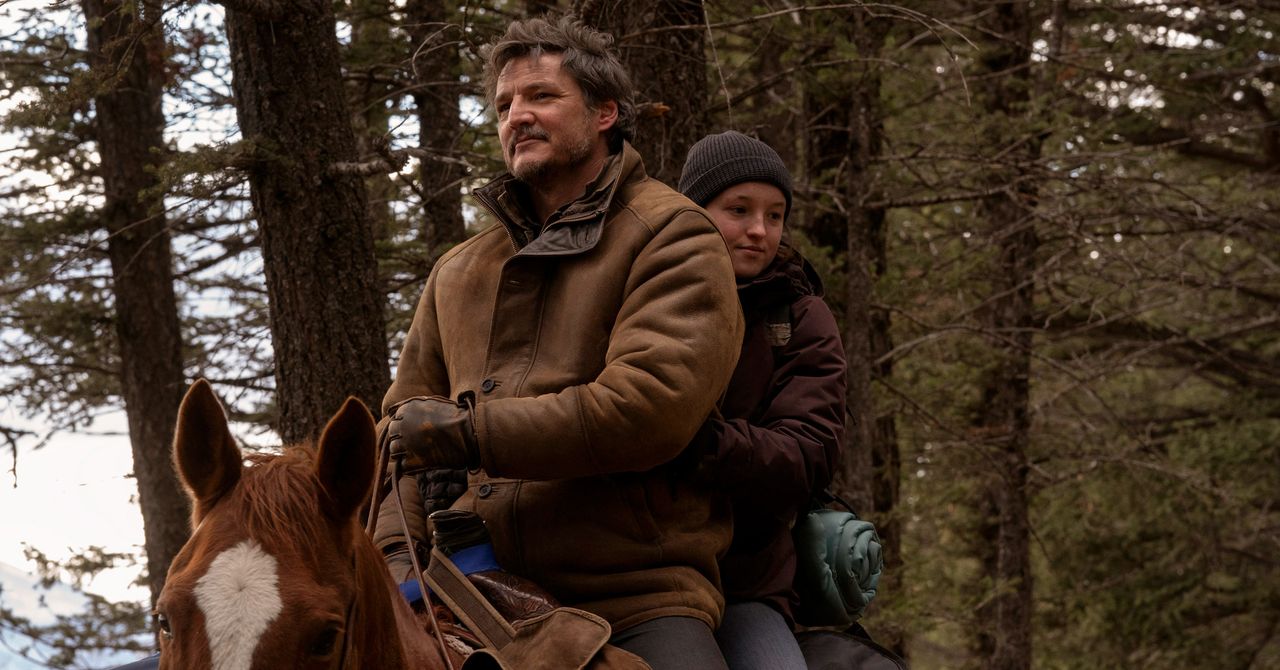
It's a strange thing to say about a show set during a zombie apocalypse, but I had a searing moment of recognition in the sixth episode of The Last of Us. It came during a rare moment of respite, as Joel (Pedro Pascal) and his young charge, Ellie (Bella Ramsey), took a break from their cross-country trek in Jackson, Wyoming. Joel’s brother Tommy, who’s set up a largely zombie-free life there, offers him a new pair of boots. A dam breaks inside Joel.
“There are moments where the fear comes up out of nowhere and my heart feels like it’s stopped,” he says in a quavering voice. “I’m failing in my sleep … it’s all I do. It’s all I’ve ever done.”
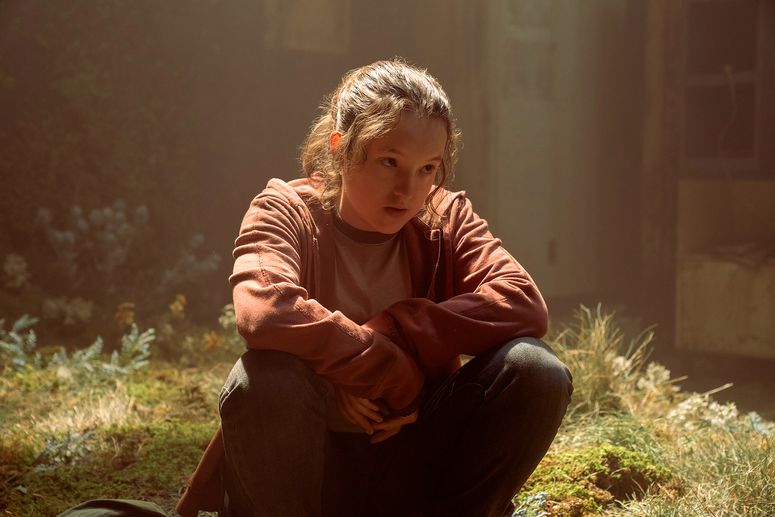 The MonitorThe Last of Us Signals the End of an EraAngela Watercutter
The MonitorThe Last of Us Signals the End of an EraAngela Watercutter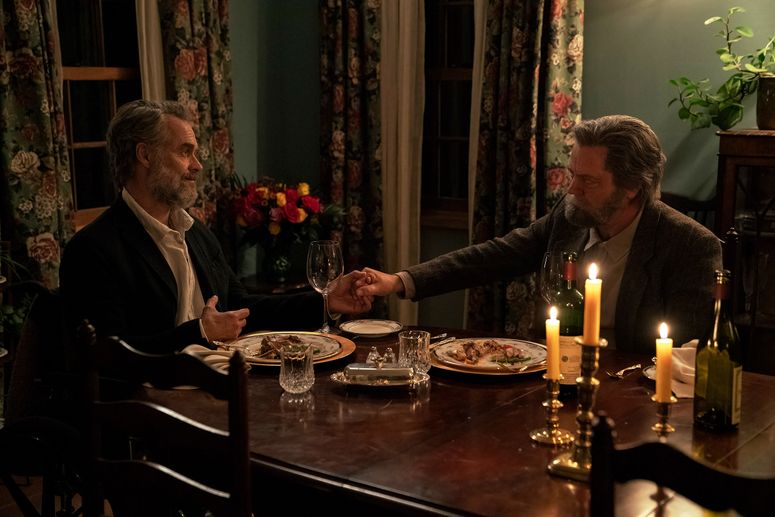 The MonitorThe Last of Us Is All I Want to Talk About Right NowAngela Watercutter
The MonitorThe Last of Us Is All I Want to Talk About Right NowAngela Watercutter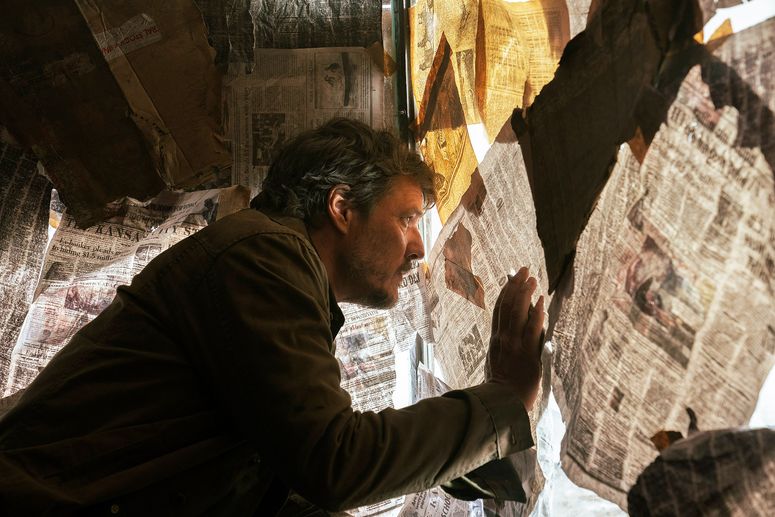 TVThe Last of Us’ Original Joel Was Skeptical of the ShowWill Bedingfield
TVThe Last of Us’ Original Joel Was Skeptical of the ShowWill BedingfieldAt that moment, I popped out from under my blanket on the couch and shouted, “You are not failing! You have not failed! She’s still alive!” That’s when I realized that for me, watching HBO’s latest hit show had progressed beyond mere entertainment. It was a form of catharsis to watch someone else parent through a deadly pandemic.
I am pretty sure that every new parent has been struck by fear at their baby’s overwhelming dependency. When you are first handed a newborn, its heavy head is barely attached to its body. How are you—an imbecile who once had to save herself from alcohol poisoning by throwing up—supposed to take care of a creature whose head could fall off at any minute?
Luckily, a lot of the catastrophic scenarios simply do not come to pass. The baby’s head does not fall off (usually). They eat, or get hungry and then eat. Taking care of a reliant human becomes normal.
By the time my second kid turned 2 in 2019, I thought I had learned not to sweat the small things. I no longer got freaked out about what car seat to buy or whether he slept through the night. (Sleeping? What’s that?) But something changes when the catastrophe becomes real. It’s not just in your head. What happens when you can no longer reassure yourself, “Meh, most kids go through this and live”?

